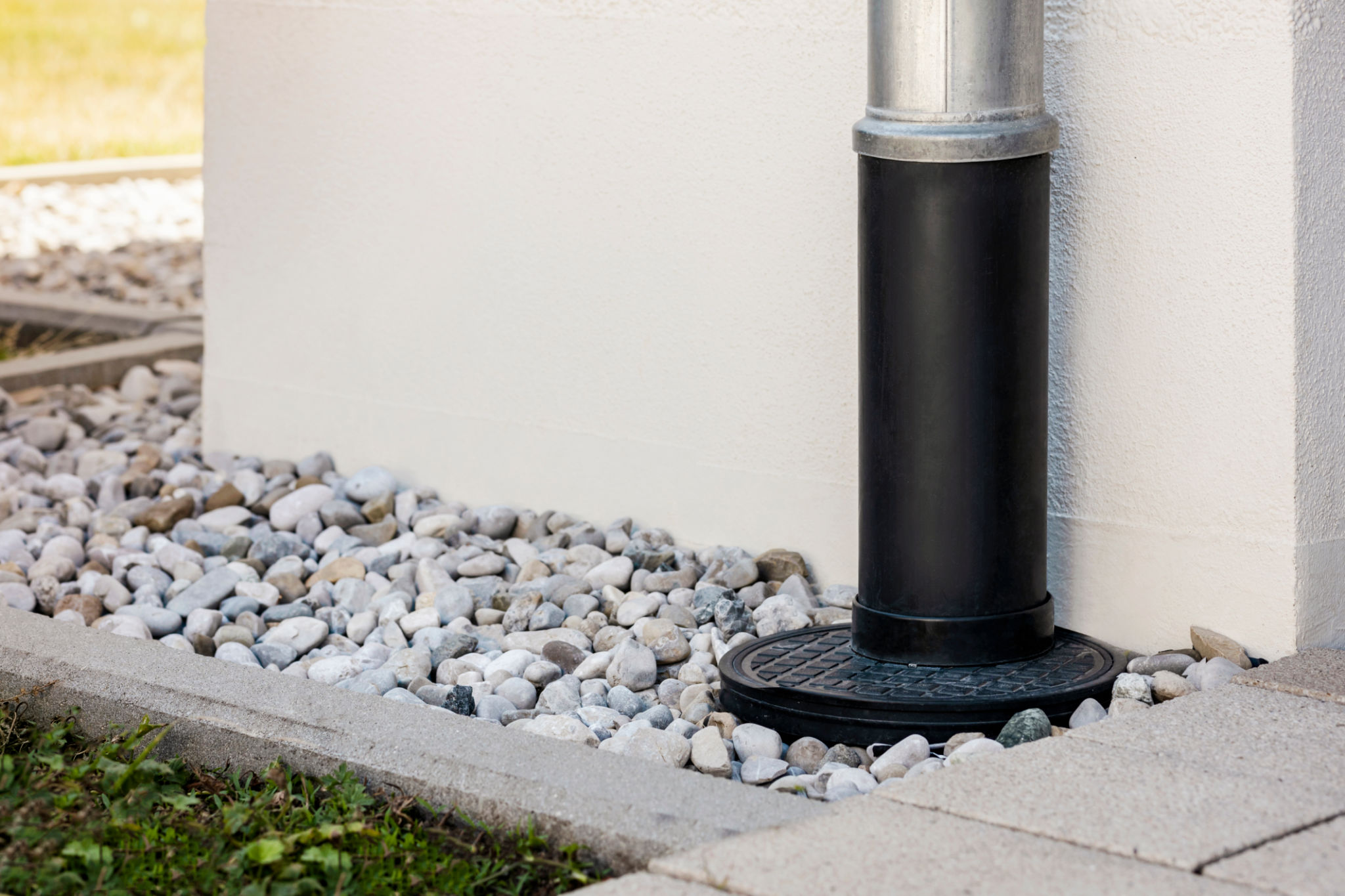Storm Water Management: Protecting Your Gawler Home
Understanding Storm Water Management
Storm water management is a crucial aspect of protecting your home, especially in areas like Gawler that experience significant rainfall. It involves the collection, storage, and treatment of rainwater to prevent flooding, erosion, and water pollution. Proper management can safeguard your property and the environment, making it an essential consideration for homeowners.
Inadequate storm water management can lead to severe consequences, such as damage to your home's foundation, landscape erosion, and increased risk of waterborne pollutants entering local waterways. Understanding how to effectively manage storm water is key to maintaining the integrity of your property.

Key Principles of Storm Water Management
Effective storm water management relies on several principles that work together to mitigate the adverse effects of rainfall. The primary goal is to mimic the natural water cycle by allowing water to infiltrate the ground or be stored for later use. Here are some of the key principles:
- Infiltration: Encouraging water to soak into the ground to replenish groundwater supplies.
- Detention: Temporarily storing storm water to control the rate of runoff.
- Retention: Holding storm water for an extended period to allow for evaporation or controlled release.
- Treatment: Removing pollutants from storm water before it reaches natural waterways.
Implementing Storm Water Solutions at Home
There are several practical solutions homeowners in Gawler can implement to manage storm water effectively. These solutions not only protect your home but also contribute to a healthier environment. Some popular options include:
- Rain Gardens: Designed to absorb rainwater runoff from roofs and driveways, rain gardens are shallow, planted depressions that allow water to infiltrate the soil.
- Permeable Paving: Using permeable materials for driveways and walkways can help reduce runoff by allowing water to penetrate the ground.
- Rainwater Harvesting: Collecting rainwater from your roof in barrels or tanks for later use in gardening or cleaning.

The Role of Vegetation in Storm Water Management
Vegetation plays a vital role in storm water management by enhancing soil infiltration and reducing runoff. Planting native trees and shrubs can help stabilize soil and increase water absorption. Additionally, maintaining a healthy lawn with deep-rooted plants can improve soil structure and promote infiltration.
Trees and shrubs not only provide aesthetic value but also contribute significantly to reducing the impact of heavy rainfall on your property. Their roots help bind the soil together, preventing erosion and improving the soil's ability to absorb and filter rainwater.

Community Involvement and Education
Effective storm water management requires community involvement and education. Local councils in Gawler often provide resources and workshops to educate residents about sustainable practices. Participating in these programs can help you learn more about protecting your home while contributing to the community's overall environmental health.
Engaging with neighbors and community groups can also lead to collaborative efforts in managing storm water. Community gardens, shared rainwater harvesting systems, and neighborhood clean-up events are excellent ways to promote sustainable practices and reduce the collective impact of storm water runoff.
Conclusion: Protecting Your Gawler Home
Storm water management is an essential aspect of homeownership in Gawler. By implementing effective strategies such as rain gardens, permeable paving, and rainwater harvesting, you can protect your home from potential damage caused by heavy rainfall. Additionally, incorporating vegetation and engaging with community efforts will further enhance your property's resilience while contributing to the broader environmental well-being.
Taking proactive measures today ensures that your home remains safe and environmentally friendly, even during the heaviest downpours. By understanding and applying these principles, you can make a significant difference in protecting both your property and the planet.
